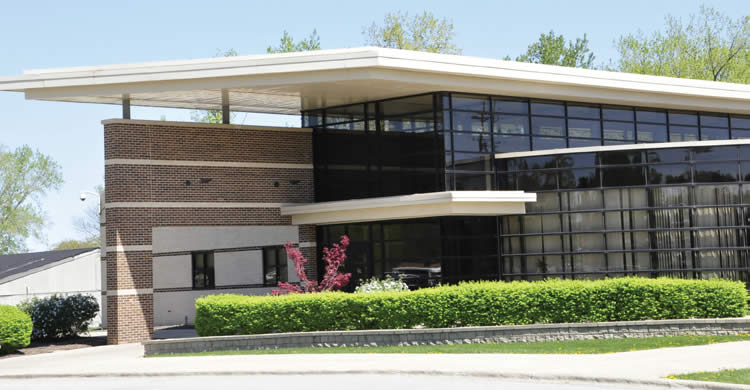Washington, D.C.–(ENEWSPF)–November 15, 2010. U.S. students studied in significantly greater numbers in less traditional destinations in 2008-2009, according to the new Open Doors survey report released today by the Institute of International Education (IIE) with funding from the U.S. Department of State. Over half of the top 25 study destinations for Americans were outside Western Europe and in countries where English is not a primary language. The number of U.S. students to Africa, for example, increased by 16 percent, those to Asia by 2 percent, those to the Middle East by 9 percent and those to South America by 13 percent.
The number of U.S. students studying abroad, however, saw a modest decrease of 0.8 percent during the academic year 2008-2009, with 260,327 students studying abroad for credit, compared to 262,416 the previous year.
Academic and intellectual exchange between the United States and other nations is crucial to enhancing mutual understanding and promoting U.S. security and economic wellbeing. This year the Department of State’s Bureau of Educational and Cultural Affairs supports 1,600 American graduating seniors and graduate students in its Fulbright Program, while its Benjamin Gilman Scholarship Program supports 2,000 American undergraduate students with financial need to study abroad.
The data on U.S. study abroad contained Open Doors 2010 reflect activity in academic year 2008-2009 and is the most recent available. A press kit and detailed Open Doors 2010 findings and analyses are at www.iie.org/opendoors.
The Bureau of Educational and Cultural Affairs (ECA) promotes international mutual understanding through a wide range of academic, cultural, professional, and sports exchange programs that include approximately 40,000 participants annually. ECA exchanges engage youth, students, educators, artists, athletes, and emerging leaders in many fields in the United States and in more than 160 countries. Alumni of ECA exchanges comprise over one million people around the world, including more than 51 Nobel Laureates and more than 340 current or former heads of state and government.
Source: state.gov








